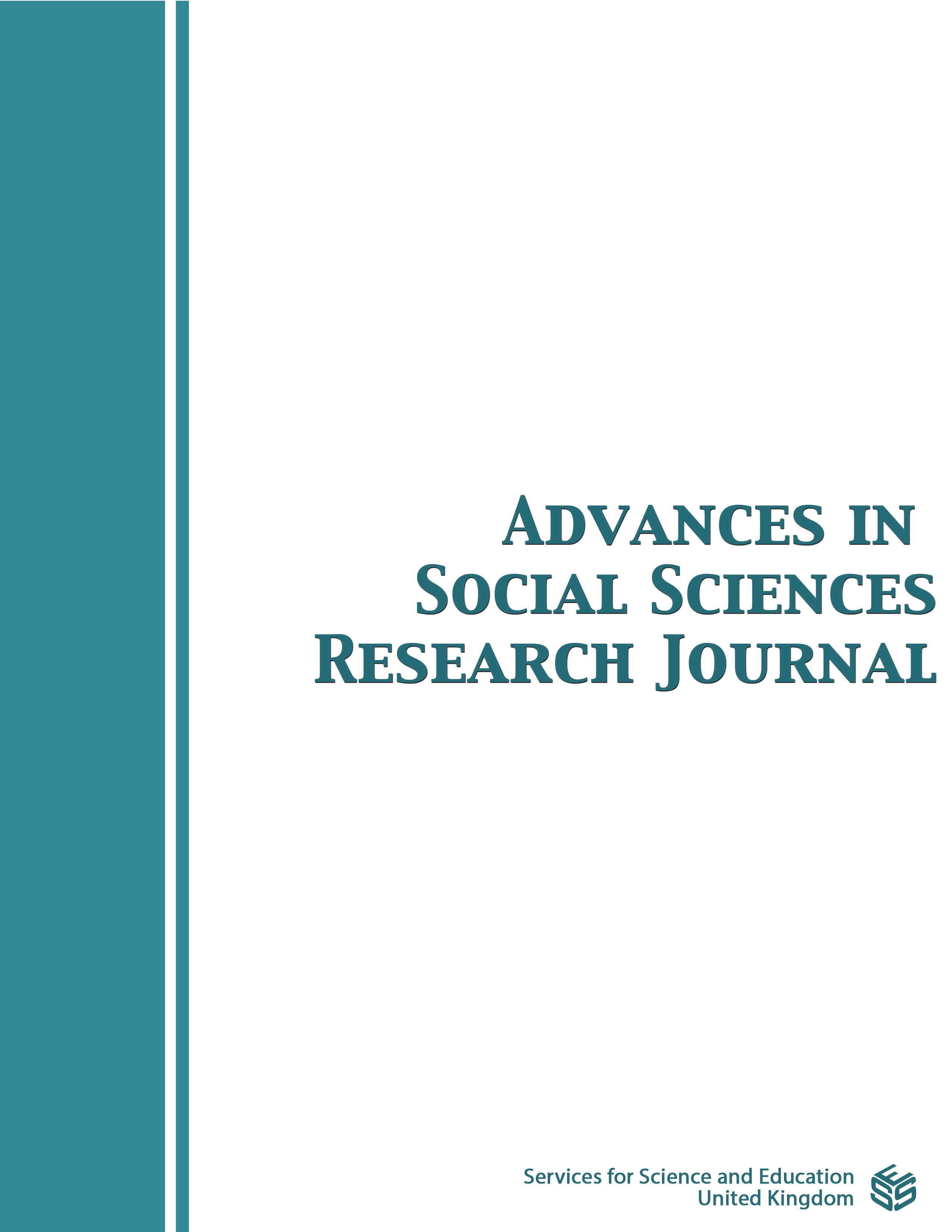How Artificial Intelligence Helps Students to Learn English in Depth
DOI:
https://doi.org/10.14738/assrj.1110.17803Keywords:
Artificial Intelligence (AI), English Language Teaching (ELT), customized environment, simulation dialogue platform, learning technologies, AI-mediated instruction, self-regulated learning, AI-powered platformsAbstract
This research examines the applications and advancements of artificial intelligence (AI), a computer-based simulation of human intelligence meant to act like humans. AI is one of the driving forces behind the 4.0 industrial revolution, making teaching and learning more accessible in schools. This study aims to understand the function of AI in ELT and examine AI technologies in ELT. This is a library research project. The findings indicate that AI provides a positive learning environment for learning English. Depending on the learner's current level of English, career needs, or hobbies, it has much potential to create a customized environment where students can simultaneously use their senses to learn English. AI boosts practical abilities like writing and offers a trustworthy simulation dialogue platform like spoken English. It maximizes the teaching impact of English in ELT while increasing students' practice ability. With the advancement of technology and platforms, learning English has gotten simpler. Artificial intelligence technology provides the chance to enhance English linguistic competence.[1]
Downloads
Published
How to Cite
Issue
Section
License
Copyright (c) 2024 Akam Seyedi, Mohammad Ali Alaei Yeganeh, Diar Noorzad, Shahrooz Firouzi, Mahsa Qurbani, Erfan Shakeri, Kiana Osati

This work is licensed under a Creative Commons Attribution 4.0 International License.
Authors wishing to include figures, tables, or text passages that have already been published elsewhere are required to obtain permission from the copyright owner(s) for both the print and online format and to include evidence that such permission has been granted when submitting their papers. Any material received without such evidence will be assumed to originate from the authors.






